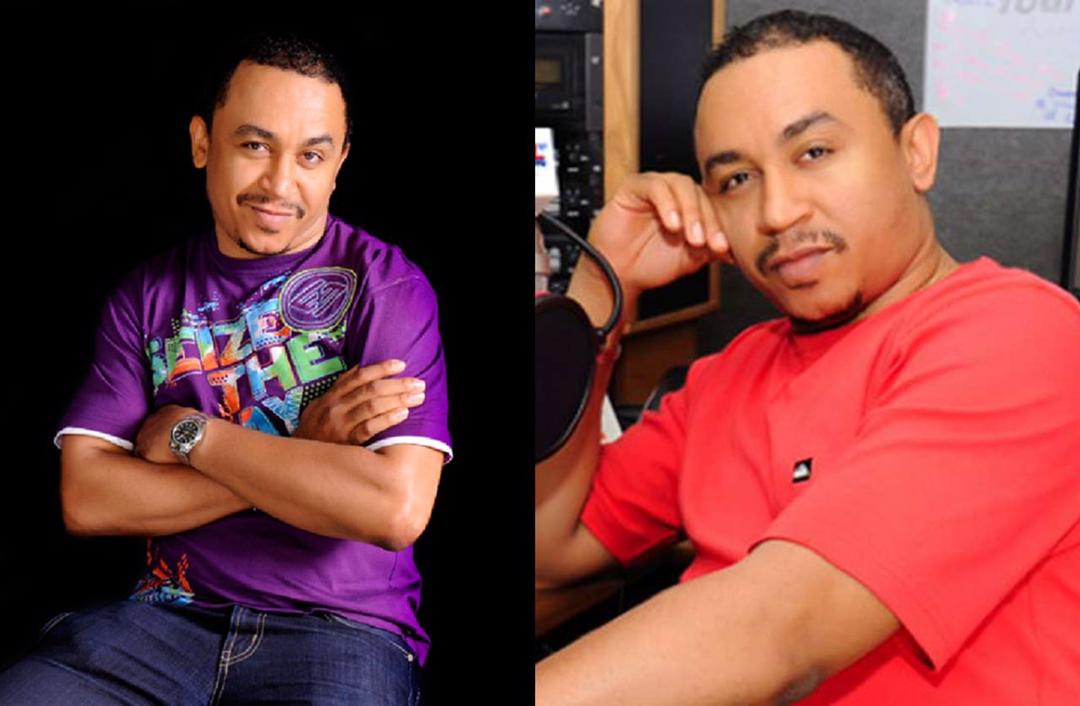
“You’re Not Dateable Because You’re a Single Mom” – Kaffy Opens Up About Hurtful Rejection

Nigerian dancer, choreographer, and fitness enthusiast, Kafayat Shafau popularly known as Kaffy, has shared a deeply personal story about her experience with societal judgment and stigma towards single mothers. In a recent revelation, the renowned entertainer disclosed that a man once told her outright that he couldn’t date her because she is a single mother with two children, a remark that has since stirred conversations about stereotypes, relationship dynamics, and the realities of motherhood in modern society. Kaffy, who has built an inspiring career as one of Nigeria’s most respected dancers, spoke about the incident with a sense of strength but also with raw honesty, revealing how such encounters shed light on how society perceives women who have had marriages or relationships that did not work out. She explained that the man, whom she had thought could potentially be a supportive partner, bluntly told her that his decision was based entirely on the fact that she already had two children and that he would not be able to shoulder such responsibility.
For someone like Kaffy who has danced her way into global recognition, worked with top artists, and become a household name in the entertainment industry, such a comment may seem shocking, but it is a reflection of a reality faced by many women who find themselves single and raising children. The dancer revealed that while the rejection was initially painful, it gave her clarity about how some men approach relationships with women like her, and it also strengthened her resolve not to define herself by anyone else’s standards. Kaffy noted that while she understands that not every man may be willing to take on the role of stepfather or deal with the complexities of blended families, what hurt her the most was the dismissive tone and the way the man reduced her entire identity to nothing more than her motherhood status.
Her revelation has sparked reactions online, with many Nigerians applauding her courage to speak openly about such an experience, while others debated whether the man was wrong for stating his truth. Some social media users argued that everyone has a right to their preferences in relationships and that the man was simply being honest rather than stringing her along, while others condemned the insensitivity of his approach, noting that single mothers deserve love, respect, and happiness just as much as anyone else. The discourse has highlighted the silent battles many women fight, balancing career, motherhood, and personal happiness in a world that sometimes judges them harshly.
Kaffy, who divorced her husband in 2022 after years of marriage, has been open about her journey of self-discovery and healing. She has often spoken about how she refused to let the end of her marriage define her life or career and instead used it as a stepping stone to rebuild herself emotionally, mentally, and spiritually. In this latest disclosure, she emphasized that her worth is not diminished because she has children and that any man who cannot see beyond that is not the right one for her. According to her, motherhood is a gift, not a burden, and her children are her pride and joy, even if society sometimes tries to frame them as baggage.
The conversation around single mothers in Nigeria has always been a sensitive one, often steeped in cultural and religious undertones. Many women are judged harshly when marriages break down, and they are sometimes unfairly blamed for circumstances beyond their control. In a society where marriage is often seen as the ultimate badge of respectability for women, those who find themselves divorced or raising children alone are often subjected to scrutiny, pity, or outright rejection. Kaffy’s story is just one example of how these attitudes play out in real life, even for someone as accomplished and admired as she is.
For many of her fans, this revelation also underscores the strength it takes for single mothers to put themselves out in the dating world again. Beyond the normal challenges of finding compatibility and trust in relationships, they also have to deal with the stigma and the fear that potential partners might not accept their children. Some single mothers choose to remain single rather than expose themselves to such rejection, while others keep trying in hopes of finding someone who can love them wholly. Kaffy’s honesty about her rejection not only validates the experiences of countless women but also encourages a broader societal conversation about acceptance, compassion, and maturity in relationships.
Interestingly, her revelation also exposes a double standard in society. While men who are fathers are often not judged as harshly when seeking new relationships, women who are mothers are sometimes treated differently, as if their children disqualify them from love. This imbalance reflects a deeper cultural bias that places the weight of family and responsibility more heavily on women than men. Kaffy’s experience is therefore not just personal but symbolic of a wider issue that many believe needs to be challenged.
Despite the hurtful remark, Kaffy has continued to shine as a beacon of resilience. She has built a legacy in the dance and fitness industry, mentoring younger talents, creating opportunities, and proving that her identity is not limited to her marital status. In her own words, motherhood is one of the greatest roles she could ever play, and any man who cannot accept that reality is simply not deserving of her. She also urged women in similar situations not to lose hope or settle for less but to understand their worth and never allow anyone to shame them for choices or circumstances that are part of their journey.
Her fans and supporters have since flooded social media with messages of encouragement, reminding her that her courage and achievements far outweigh the negativity of one man’s rejection. Many also pointed out that the right partner will embrace her and her children with love and respect, and that her openness about this experience will inspire countless women facing the same struggle. Kaffy’s story serves as both a sobering reminder of societal biases and an empowering call for single mothers to own their narratives and refuse to be defined by stigma.
In a society that is slowly evolving but still grapples with outdated perceptions about women, relationships, and family, her revelation adds yet another voice to the push for empathy and understanding. If anything, it reinforces the idea that love should be about acceptance, partnership, and shared values, not about punishing people for their pasts. And for someone like Kaffy, who has already proven that she can thrive against the odds, her journey remains a powerful testimony that rejection, no matter how painful, can also be redirection something greater.


